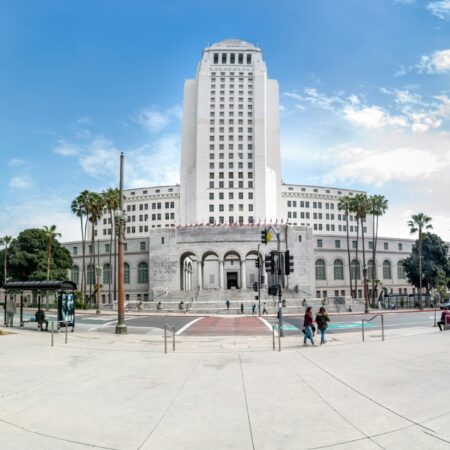Sri Lanka stands ready to combat illegal trafficking of wildlife which has become one of the largest transnational organized criminal activities alongside drugs, arms and human trafficking, a top diplomat to the United Nations said Monday.
Delivering a statement at a special high-level event at the United Nations Headquarters in New York Monday, Ambassador and Chargé d᾽ Affaires of the Permanent Mission of Sri Lanka to the UN, Sabarullah Khan said that while the world marked another World Environment Day on 5th June, wildlife and forests, flora and fauna are at this moment being ravaged due to transnational organized crime, impacting vulnerable communities and the fragile environment.
Sri Lanka Monday participated at a special event titled “Wildlife Crime and New York Launch of the World Wildlife Crime Report organized by the United Nations Office on Drugs and Crime (UNODC), the Wildlife Conservation Society (WCS) together with the Permanent Missions of Germany and Gabon.
In his statement, Ambassador Khan noted that Wildlife and forest crime is today one of the largest transnational organized criminal activities alongside drugs, arms and human trafficking. “This is why our response must be a global effort,” he said.
“Every country is either a source, or transit, or destination for these illegal products,” the Ambassador noted.
“My country stands ready to combat with utmost vigor the illegal trafficking of these products. In January this year (2016) Sri Lanka crushed and burnt its stockpile of confiscated elephant ivory comprising 359 elephant tusks. This ivory came from a single shipment weighing 1.5 tons seized in the Port of Colombo in May 2012,” Mr. Khan said.
He said that In a symbolic gesture that deeply affected our entire nation, Sri Lanka accompanied the crushing of this ivory stockpile, with an observance of two minutes silence, and a religious ceremony, led by Buddhist priests, and attended by all other religious dignitaries, to formally apologize on behalf of human society, to the elephants, who were so cruelly victimized by these heinous crimes. As one of the panelists noted it is the moral imperative that matters most he said.
The Ambassador said Sri Lanka has strict domestic laws for the protection of flora and fauna, within the broad framework of the convention of international trade in endangered species of wild flora and fauna.
He noted that Sri Lanka has a high level of biodiversity and a remarkable high proportion of endemic species, among its flora and fauna. In order to preserve their habitats, all natural forests in Sri Lanka have been set apart for the conservation of soil, water, and biodiversity.
Ambassador Khan added that Sri Lanka’s national policy on wild life conservation has been updated to respond to the evolving needs of Sri Lankan society.
The governments, scientists, civil society, academia, of the world have a shared responsibility to work together to end this crime, he said.
The launch of World Wildlife Crime Report will provide a key opportunity to take stock of international efforts to address wildlife crime, as countries work towards implementing the Sustainable Development Goals (SDGs) adopted by the UN last fall, the UNODC says.
The Goal 15 of SDGs calls upon all governments to “Take urgent action to end poaching and trafficking of protected species of flora and fauna and address both demand and supply of illegal wildlife products,” and to “Enhance global support for efforts to combat poaching and trafficking of protected species, including by increasing the capacity of local communities to pursue sustainable livelihood opportunities.”






















